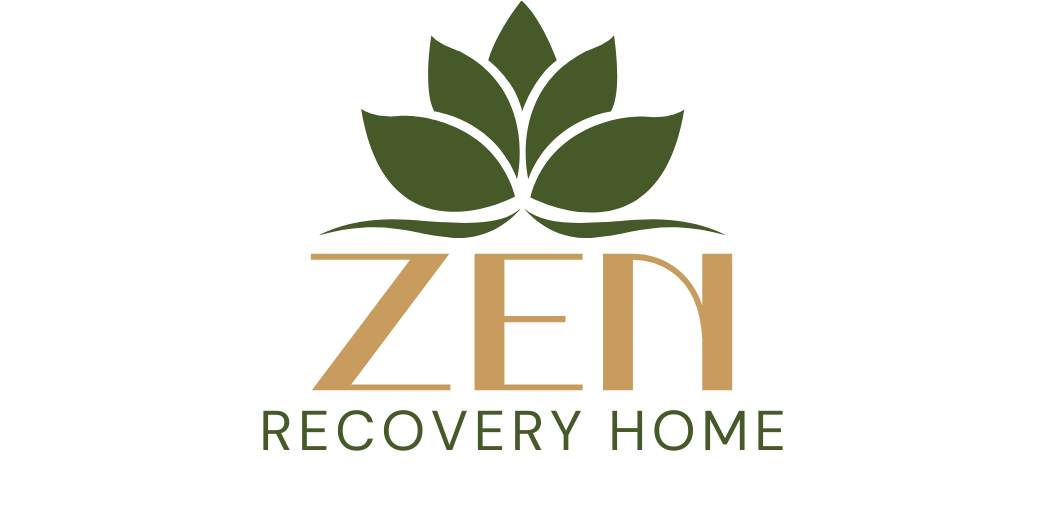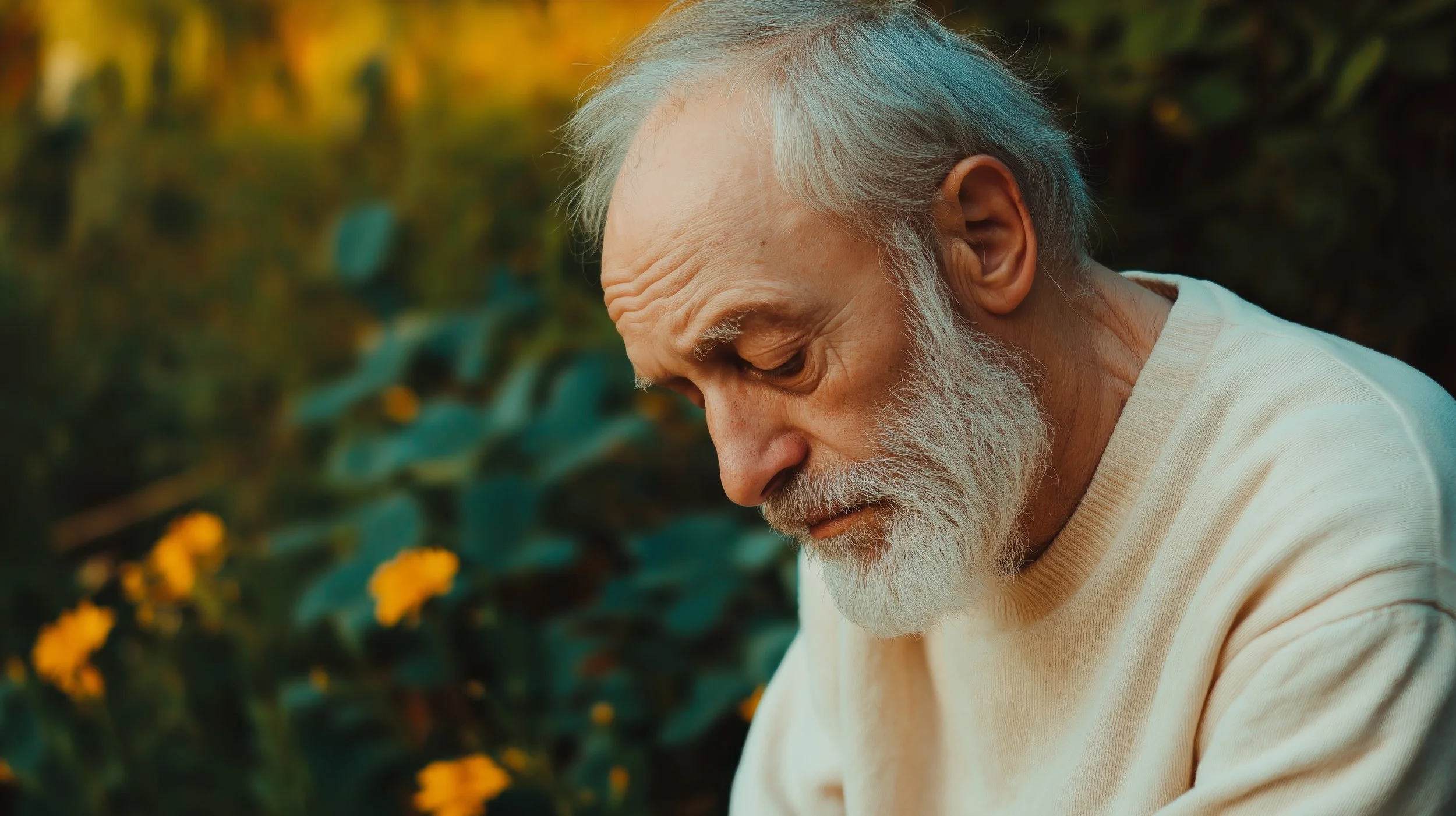Addiction & Mental Health in Later Life
When we think about addiction and mental health struggles, we often picture someone young or in midlife — but the reality is, many older adults are hurting too. Often quietly. Often invisibly. And far too often, without the support they deserve.
At Zen Recovery Home, we know that recovery has no age limit. Addiction and mental health challenges don’t just disappear with age — in fact, they can intensify. This Mental Health Awareness Month, we’re shining a light on one of the most under-recognized and underserved groups in addiction recovery: older adults.
The Overlooked Struggle
Older adults face unique challenges that can make them more vulnerable to both mental health issues and substance use. Life transitions like retirement, the loss of a spouse or friends, reduced mobility, chronic pain, or financial stress can lead to feelings of isolation, depression, and hopelessness. And when support systems shrink, coping mechanisms like alcohol or prescription medication misuse can quietly take root.
According to the National Institute on Drug Abuse, substance use among older adults is on the rise. In fact, alcohol remains the most commonly used substance among adults 65 and older, and the misuse of prescription medications is also a growing concern.
But these struggles are often underdiagnosed or misinterpreted. Fatigue, confusion, or memory loss might be attributed to “just getting older” when they’re actually signs of depression, anxiety, or substance misuse. Many older adults grew up in a time when mental health wasn’t openly discussed — so they’re less likely to talk about their feelings or seek help.
Recognizing the Signs
Mental health conditions in older adults can look different than in younger people. They may not express sadness outright but may withdraw from activities, lose interest in things they once loved, or seem unusually irritable or tired. When combined with substance use — especially alcohol or prescription drugs — it becomes even harder to separate the symptoms.
Here are some signs to watch for:
Increased alcohol use or overuse of prescription medications
Loss of interest in hobbies or social interactions
Changes in appetite or sleep patterns
Fatigue or low energy
Increased confusion, forgetfulness, or disorientation
Unexplained physical complaints (which can mask emotional distress)
Avoiding phone calls, visits, or social events
Sometimes, these symptoms are brushed off as "normal aging." But they're not. They're signals — and they deserve attention.
Addiction and Mental Health Go Hand-in-Hand
Just like in younger populations, mental health and addiction are deeply connected in older adults. Unmanaged depression or anxiety can lead to self-medication. The loss of purpose after retirement can lead to alcohol dependence. Chronic pain may lead to opioid misuse.
These are examples of co-occurring disorders, and they’re far more common than many people realize. When left untreated, they can spiral — creating deeper isolation, worsening health problems, and a profound sense of hopelessness.
Why Open Conversations Matter
One of the most powerful tools we have is conversation. Creating safe spaces where older adults feel heard and seen — without judgment — can make all the difference. Whether it’s asking a loved one how they’re really feeling, offering to attend a doctor’s appointment with them, or simply listening with compassion, connection is a lifeline.
At Zen Recovery Home, we encourage open dialogue about mental health and addiction at every age. We believe that no one is “too old to change” or “too set in their ways” to heal.
The Role of Dual Diagnosis Support
Treating older adults with both mental health conditions and substance use issues requires a compassionate, trauma-informed approach. That’s why we offer dual diagnosis support — addressing both issues at the same time.
This integrated care may include:
Detox and stabilization that’s safe and age-sensitive
Therapy and counseling to process grief, trauma, or depression
Support groups designed for older adults or multigenerational peer connection
Holistic care including movement, mindfulness, and gentle activities
Medication management and close coordination with medical providers
Every person’s path is different. The key is tailoring care to meet them where they are — with respect for their life experience and an understanding of what healing looks like in this stage of life.
Why It Matters
When older adults are dismissed, misdiagnosed, or left out of the recovery conversation, we all lose. But when we recognize their pain, include them in care plans, and offer real support, they thrive.
It’s not too late. It’s never too late.
Recovery is possible at any age — and older adults deserve the same compassion, access, and care as anyone else.
Final Thoughts
If you’re an older adult struggling with your mental health or substance use — or if you have a parent, grandparent, or loved one who is — know this: help exists. And healing is possible.
At Zen Recovery Home, we welcome adults of all ages into our program. Whether you're seeking detox, mental health support, or simply someone to listen and help guide your next step, we’re here.
And if we’re not the right place for you, we’ll help you find one that is. Because no one should be overlooked — especially not now.
You’re not too old. You’re not alone. And you are absolutely worth the care.

